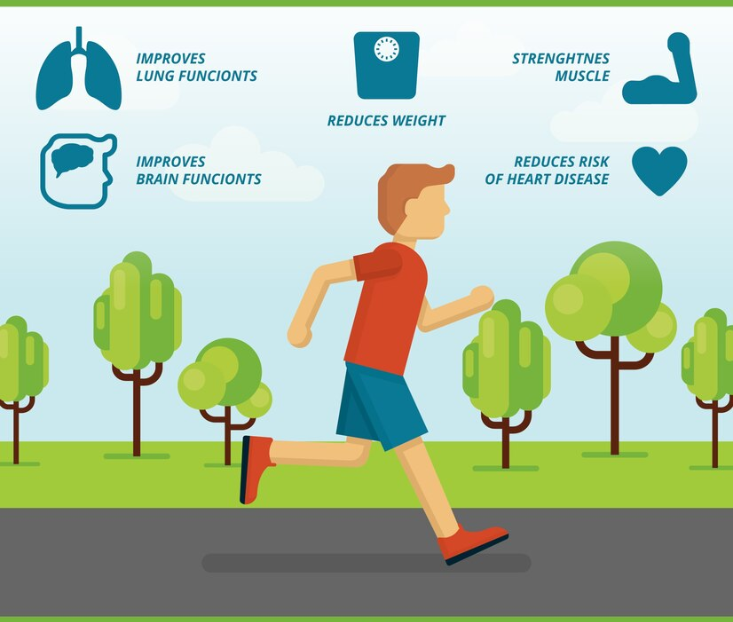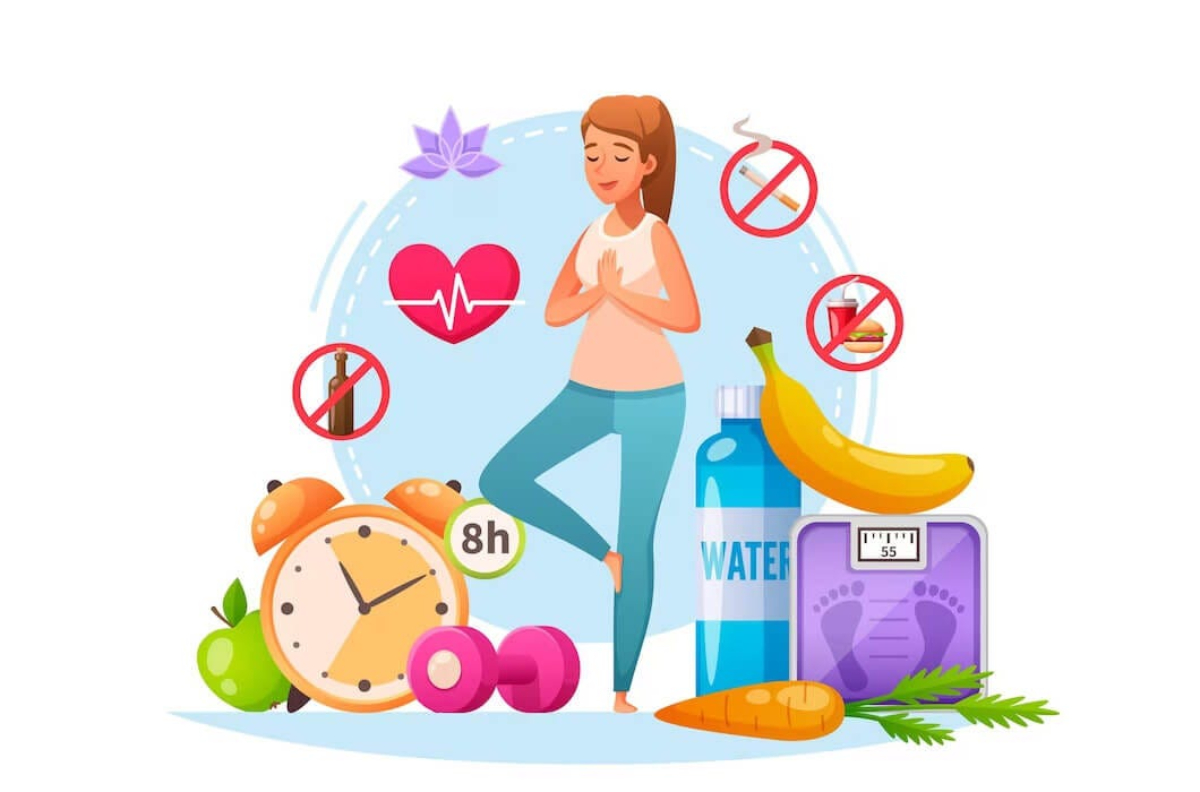
The Surprising Benefits of Walking 10 Minutes a Day
In our busy lives, exercise often takes a backseat. However, walking just 10 minutes a day can make a big difference. It sounds simple, but it offers powerful benefits. Let’s explore how this small habit can improve your life.

Boosts Mental Health
First and foremost, walking lifts your mood. Even a short stroll can reduce stress. It calms the mind. In fact, studies show walking lowers anxiety and depression. Additionally, it increases the production of endorphins. These are your body’s feel-good chemicals. As a result, you feel more relaxed and happy. Over time, this small habit can create a big shift in your mental health.
Improves Heart Health
Next, walking benefits your heart. A 10-minute walk each day improves blood circulation. It strengthens the heart muscle. Moreover, it lowers blood pressure. Walking also reduces bad cholesterol while increasing good cholesterol. Consequently, your risk of heart disease decreases. For many, it’s an easy way to support heart health without the gym.
Supports Weight Management
Furthermore, walking helps burn calories. While 10 minutes may seem short, it still adds up. For instance, walking after meals helps control blood sugar spikes. Over time, this can lead to weight loss or maintenance. Plus, it boosts metabolism. Therefore, this quick habit supports a healthy weight without extreme diets.
Builds Confidence
Walking builds confidence. At first, it feels small. But over time, it grows.
Eventually, you notice the change. You feel stronger. You move with purpose.
Moreover, reaching daily goals gives you a sense of pride.
Each time you walk, you prove something to yourself.
That feeling adds up.
As a result, your self-esteem improves.
Reduces Loneliness
Walking can also reduce loneliness.
Sometimes, you walk with a friend. You talk , laugh, connect.
Other times, you walk alone but see familiar faces.
You smile. You wave.
Gradually, you feel part of something bigger.
You feel less isolated.

Easy to Start
Walking is simple. No gym, gear, training.
Therefore, anyone can do it.
Even better, you can start right now.
You don’t need to be fit. You don’t need to be fast.
All you need is a few minutes and a safe space.
Before long, it becomes a habit.
Fits Any Lifestyle
Busy schedule? No problem.
Walking fits into any routine.
For example, walk during a break. Walk to the store. Walk after dinner.
Little by little, it adds up.
You don’t need to change your life.
Instead, walking fits into the life you already have.
Good for All Ages
Walking helps everyone.
Young or old, it offers benefits.
For kids, it builds healthy habits.
adults, it reduces stress.
seniors, it improves strength and balance.
Clearly, it’s never too early or too late to start.
Low Risk, High Reward
Walking is gentle. It’s safe.
Unlike many workouts, it carries low risk.
Yet, the rewards are high.
More energy. Better health. Stronger mind.
In short, you get a lot from just a little.
Boosts Energy Levels
Believe it or not, walking can fight fatigue. Instead of reaching for another cup of coffee, try walking. A short walk increases oxygen flow. It wakes up your body and mind. As a result, you feel more energized. This makes it easier to stay focused and alert throughout the day.
Improves Digestion
Another key benefit is better digestion. Walking after meals helps your body process food. It stimulates the digestive tract. Hence, it reduces bloating and constipation. This small habit supports gut health naturally.
Strengthens Muscles and Bones
In addition, walking supports physical strength. Even a short walk engages key muscles in your legs and core. Over time, this improves balance and posture. It also helps build bone density. Therefore, walking helps prevent falls and fractures, especially as we age.
Enhances Creativity
Interestingly, walking also boosts creativity. Research shows walking clears mental blocks. It allows new ideas to flow. Many writers and artists walk to spark inspiration. So if you feel stuck, a 10-minute walk may unlock fresh thinking.
Improves Sleep Quality
Moreover, walking can lead to better sleep. Exposure to natural light during a walk helps regulate your sleep cycle. Plus, moving your body during the day makes it easier to wind down at night. As a result, many people fall asleep faster and stay asleep longer.
Strengthens Immune System
Consistent walking also boosts immunity. It increases the production of white blood cells. These help your body fight illness. Therefore, people who walk regularly often get sick less often. It’s a simple way to stay healthier year-round.

Builds Better Habits
Lastly, walking encourages healthy routines. A short daily walk builds consistency. Soon, it may lead to longer walks or other forms of movement. In short, one small step creates a ripple effect. You build discipline, confidence, and momentum.
Conclusion
To sum up, walking 10 minutes a day offers many benefits. It’s simple, free, and effective. It boosts mental and physical health. It supports better habits. Most importantly, it fits into any lifestyle.
So next time you have 10 minutes, go for a walk. Your body and mind will will thank you.






